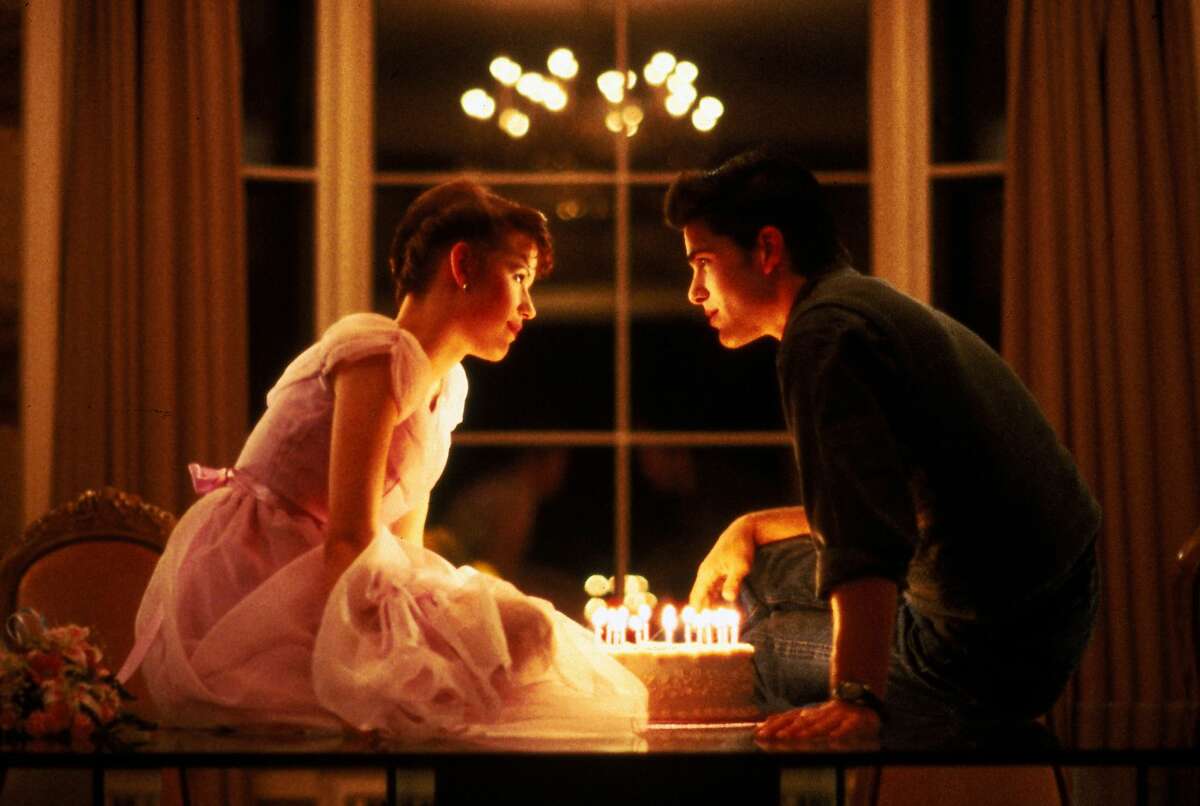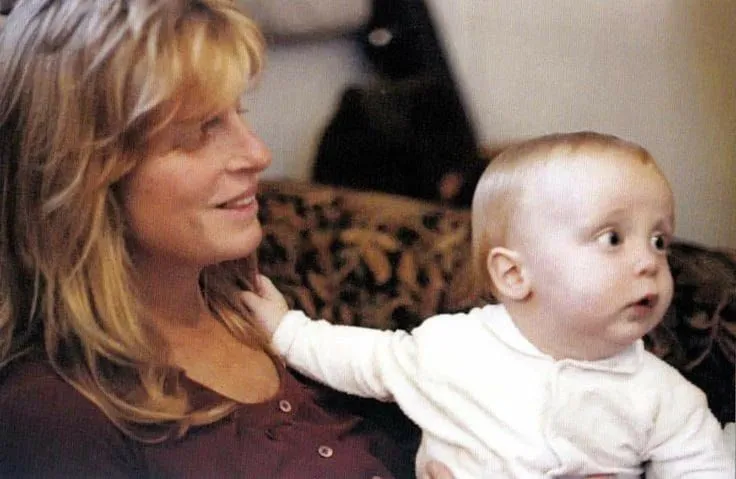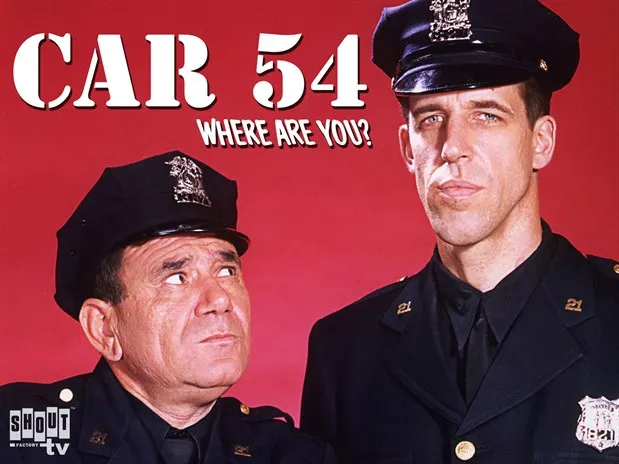In the world of television, few names evoke as much admiration and affection as Mary Tyler Moore. With her unforgettable smile, grace, and undeniable talent, Mary Tyler Moore became a beloved actress in the entertainment industry, leaving an indelible mark on television history. From her iconic roles on "The Dick Van Dyke Show" to the groundbreaking "The Mary Tyler Moore Show," she proved to be a trailblazer for women in the field, and her legacy continues to shine brightly. In this article, we will delve into the life and career of Mary Tyler Moore, celebrating her contributions to television and the enduring impact she has had on the industry.
(Watch the video below)

Early Life and Theatrical Beginnings

Born on December 29, 1936, in Brooklyn, New York, Mary Tyler Moore discovered her passion for performing at an early age. She initially pursued a career as a dancer, appearing in commercials and small roles in television shows. Her big break came when she was cast as Laura Petrie in "The Dick Van Dyke Show," which premiered in 1961.
Moore's portrayal of Laura—a witty, intelligent, and independent housewife—was a departure from the traditional TV housewife archetype. Her chemistry with co-star Dick Van Dyke and her ability to bring humor and depth to her character showcased her talent and foreshadowed her future impact on television.
A Defining Role: "The Mary Tyler Moore Show"

While Moore had already made a name for herself, it was her role as Mary Richards in "The Mary Tyler Moore Show," which aired from 1970 to 1977, that solidified her status as a television icon. The show was revolutionary in its portrayal of a single, career-focused woman who navigated life, work, and relationships in Minneapolis.
Mary Richards became a role model for viewers across the country. Her independence, determination, and resilience in the face of adversity set a new standard for female characters on television. The show's opening sequence, with Mary tossing her hat into the air in joy, became an enduring symbol of empowerment and the pursuit of one's dreams.
A Shift in the Portrayal of Women
"The Mary Tyler Moore Show" was a catalyst for changing the way women were depicted on television. Mary Richards was not defined by her relationships with men; she was defined by her career aspirations, friendships, and the way she navigated the challenges and triumphs of her life. The show's emphasis on female friendships and professional growth reflected the changing dynamics of society and resonated with women who sought to break free from traditional gender roles.
Mary's interactions with her colleagues—Lou Grant (Ed Asner), Rhoda Morgenstern (Valerie Harper), Phyllis Lindstrom (Cloris Leachman), and others—showcased the complexities of relationships and the importance of female camaraderie. The show was a reflection of the evolving feminist movement and an inspiration to women seeking to assert their independence and agency.
Championing Women Behind the Scenes

Mary Tyler Moore's impact extended beyond the screen. As the star of "The Mary Tyler Moore Show," she was instrumental in advocating for women's roles both in front of and behind the camera. She founded MTM Enterprises with her second husband, Grant Tinker, which produced the show along with other successful series. Through MTM Enterprises, Moore empowered women to take on leadership roles in production, directing, and writing—an influence that reverberated throughout the industry.
Candidness and Advocacy

Moore's legacy also includes her openness about her personal struggles, particularly her battles with alcoholism and diabetes. Her willingness to share her experiences humanized her and connected her with audiences on a deeper level. Moore's advocacy work for diabetes research and her efforts to raise awareness about the disease demonstrated her commitment to making a positive impact beyond entertainment.
Enduring Legacy
Mary Tyler Moore's legacy is a tapestry woven with talent, empowerment, and advocacy. Her impact on the portrayal of women on television laid the groundwork for future generations of female characters who are multidimensional, ambitious, and unapologetically themselves. Her influence can be seen in characters like Liz Lemon from "30 Rock," Leslie Knope from "Parks and Recreation," and many more.
Moreover, her contributions to the industry through MTM Enterprises continue to shape television production and create opportunities for diverse voices to be heard.
Conclusion
Mary Tyler Moore's journey from a dancer to a trailblazing television icon is a testament to her resilience, talent, and commitment to progress. Her ability to transform the entertainment landscape by portraying empowered women paved the way for greater representation and authenticity in storytelling.
As we reflect on Mary Tyler Moore's life and career, we're reminded that her impact transcends the confines of the television screen. She was a pioneer, an advocate, and an inspiration to those who aspire to break boundaries, create change, and make their mark on the world.

Mary Tyler Moore's enduring legacy is a celebration of authenticity, empowerment, and the belief that individuals have the power to reshape culture and inspire generations to come. Through her indomitable spirit and iconic roles, she leaves behind a legacy that will continue to resonate and empower for years to come.



